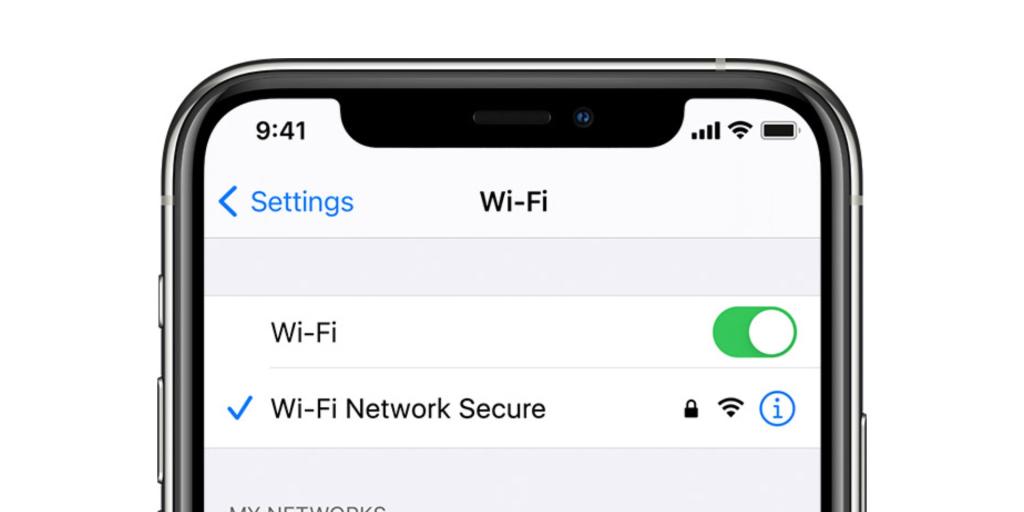All you have to do is create a WiFi network using the name mentioned by a security expert and wait for iPhones to come into range, and the Wi-Fi connection will immediately stop working.
Last month we learned about an iOS bug that can be exploited to leave any iPhone without WiFi access. Meanwhile, someone has found a way to use the yet-to-be-fixed bug by Apple to permanently disable Wi-Fi on Apple devices
In its original form, the network name that needed to be set to trigger that bug is one that raises suspicion very easily, with only someone very careless ending up connecting to a network called %p%s%s%s%s %n, just because it's not paroled.
This time, no user interaction is required, simply detecting a public/non-password network will permanently disable Wi-Fi on iPhones.
Ironically, trying to get free internet access ends up with a connection failure, after which Wi-Fi functionality remains permanently disabled on that iPhone or iPad. The problem persists even after restarting the device. Although, there are several variations of names that trigger the bug, one example is downright hilarious. Thus, if you set your Android smartphone in public hotspot mode using the network name %secretclub%power, other iPhone owners who happen to pass by will have a very bad day.

Apparently, the bug once triggered cannot be fixed without resetting the device to factory settings. Even then, there's no guarantee that the problem won't show up again as soon as you get within range of a Wi-Fi network set up using the buggy name. Thus, if you face this problem, all that remains is to go to the Settings – General – Reset – Reset Network Settings menu, to try to restore the Wi-Fi connection by resetting the network settings only. And if the first method doesn't work, it remains only to wait for an official patch from Apple, or resort to the "nuclear" method, resetting the iPhone to factory settings.
Apparently, the problem is related to the fact that the symbols included in the network name are commonly used by programmers who write applications in the C language. Thus, if the name of the encountered WiFi network is not first passed through a filter to exclude possible symbols or expressions that could be taken as instructions when executing a particular software module, there is a risk of errors.
The only possible consolation is that the discovered bug can at most be exploited to prank iPhone users, the phone being unable to connect to another WiFi network is actually better protected against other threats informatics.
